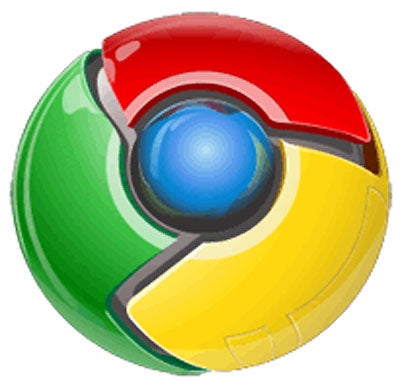Google declares war on Microsoft
New personal computer system will challenge the dominance of Windows

Google has set the technology world alight with the announcement that it is working on a new operating system for personal computers to rival Microsoft's ubiquitous Windows and which promises to "make computers better".
The move takes the two companies' rivalry to a whole new level, and pitches Google into the very business on which Microsoft built its dominance of the software industry. Windows runs almost 90 per cent of all the world's PCs and has been a cash cow that allowed the company to branch out into other areas.
Google slipped out its announcement in the middle of the night – less than a month after Microsoft unveiled Bing, a search engine it said was faster and more useful than Google.
The development is far more than a clash of corporate egos, however. If the new operating system, called Google Chrome OS, takes off, it could usher in a new era of computing where users do not need to download data and install software programs on to their PC hard drives. Instead, all the programs that run on Chrome OS would exist virtually on the web, so users could access them from any computer.
This trend, called "cloud computing", is still only in its early stages but Google has already been pioneering developments, launching web-based rivals to Microsoft's word processor, Word, and its spreadsheet software, Excel. Last year, it also launched Google Chrome, a web browser that rivals Internet Explorer. None of these is yet to make a dent in Microsoft's dominance, but the development of an operating system could change the game. Silicon Valley bloggers were enthusiastically debating the announcement yesterday, and TechCrunch, the pre-eminent technology blog, said "this is Google dropping the mother of bombs on its chief rival".
In a dig at Microsoft, Google's product management chief Sundar Pichai said that users wanted their PCs to be faster and more reliable. "The operating systems that browsers run on were designed in an era where there was no web... We hear a lot from our users and their message is clear – computers need to get better. People want to get to their email instantly, without wasting time waiting for their computers to boot and browsers to start up. They want their computers to always run as fast as when they first bought them. They want their data to be accessible to them wherever they are and not have to worry about losing their computer or forgetting to back up files."
Google Chrome OS is still some distance away from being a reality, however. The first step is to release the source code to the public, so that software developers can create more web-based programs that will be compatible with it. That will happen later in the year, and the first computers running the new system will be available in late 2010. In the main, these first computers will be the new, small "netbooks" which are rising in popularity as a cross between a PC and a mobile device.
Google's announcement also comes as Microsoft is poised to launch its new operating system Windows 7. Unlike its predecessor Vista, Windows 7 is proven to be a good fit for netbooks, which are the fastest growing segment of the PC market.
But observers said Google is yet to flesh out many important questions affecting users, such as whether Chrome OS will be able to run popular programs such as Microsoft Word and Adobe Photoshop. There are also questions of market penetration. Chrome, Google's web browser has only a market share of 1.2 per cent while its much hyped mobile phone operating system Android is only available on two or three phone systems at present.
In the background, too, there is the spectre of several investigations into whether the company is abusing its growing power to stifle competition. Regulators in the US in particular have stepped up their examination of Google. In the Nineties, Microsoft was almost ordered to be broken up because of concerns about how it bundled together its Windows operating system with its web browser Internet Explorer and other software.
Subscribe to Independent Premium to bookmark this article
Want to bookmark your favourite articles and stories to read or reference later? Start your Independent Premium subscription today.

Join our commenting forum
Join thought-provoking conversations, follow other Independent readers and see their replies